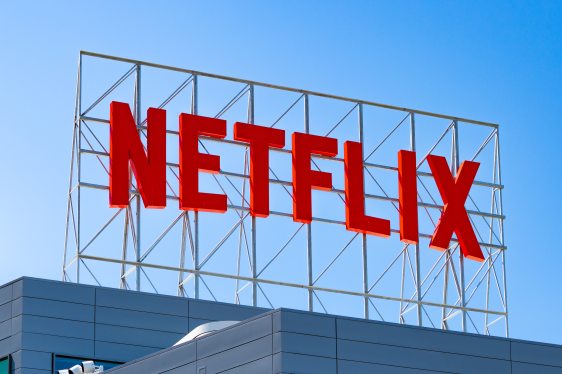As the entertainment industry grapples with the role of generative AI in filmmaking, Netflix is embracing the technology. In its recent quarterly earnings report, the company informed investors that it is very well positioned to effectively leverage ongoing advances in AI.
Netflix does not plan to use generative AI as the core of its content. Instead, it views the technology as a potential tool to improve efficiency for creatives. Netflix CEO Ted Sarandos stated on the earnings call that it takes a great artist to make something great. He explained that AI can give creatives better tools to enhance the overall television and movie experience for members, but it does not automatically make someone a great storyteller.
Earlier this year, Netflix used generative AI in final footage for the first time in the Argentine show The Eternaut to create a scene of a collapsing building. Since then, the filmmakers behind Happy Gilmore 2 used the technology to make characters appear younger in the film’s opening scene. The producers of Billionaires’ Bunker also used AI as a pre-production tool to visualize wardrobe and set design.
Sarandos expressed confidence that AI will help the company and its creative partners tell stories better, faster, and in new ways. He emphasized that Netflix is fully committed to this path but is not chasing novelty for its own sake.
AI remains a contentious topic in the entertainment industry. Many artists are concerned that tools powered by large language models, which non-consensually used their work as training data, have the potential to negatively impact their jobs. With Netflix as an indicator, it appears studios are more likely to use generative AI for special effects rather than to replace actors. This was highlighted when a completely AI-generated actress recently caused an uproar in Hollywood, despite not yet booking any known roles. However, these behind-the-scenes uses of AI still have the potential to affect visual effects jobs.
These debates intensified recently when OpenAI unveiled its Sora 2 audio and video generation model. The model was released without guardrails to prevent users from generating videos of certain actors and historical figures. Just this week, the Hollywood trade organization SAG-AFTRA and actor Bryan Cranston urged OpenAI to institute stronger protections against deepfaking actors.
When an investor asked about the impact of Sora on Netflix, Sarandos acknowledged that it starts to make sense that content creators could be affected. However, he said he is less worried about the movie and television business. He told investors that Netflix is not worried about AI replacing creativity.
Netflix’s quarterly revenue grew seventeen percent year-over-year to eleven and a half billion dollars, though this result fell below the company’s own forecast.

